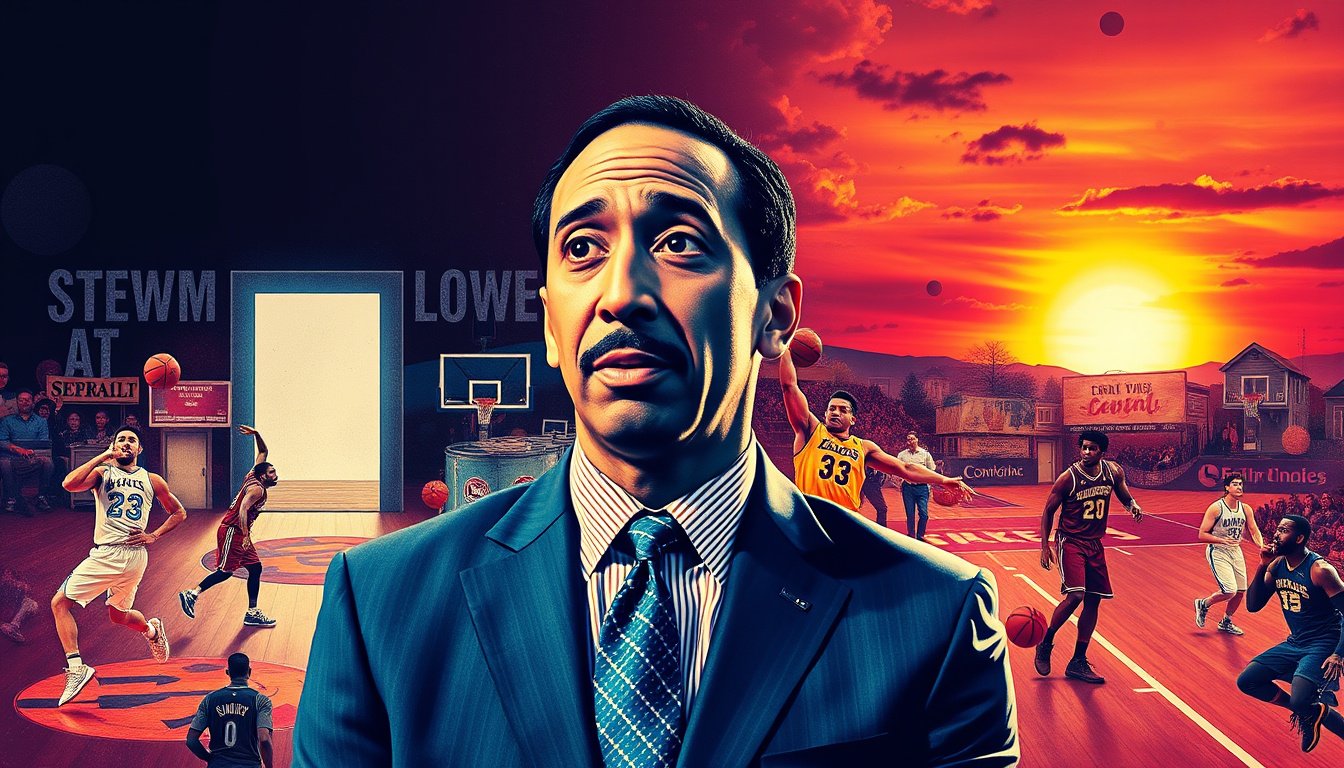In the realm of college basketball, the anticipation of March Madness typically dominates the conversation, but for Ohio State, this season ended on a notably somber note. After a disappointing exit from the Big Ten Tournament, Ohio State faced a pivotal decision regarding their future involvement in postseason play. The Buckeyes ultimately turned down the invitation to participate in the inaugural College Basketball Crown, aiming to realign their focus on player health and program dynamics.
The Context of Ohio State’s Season
Coming off a lackluster performance in the Big Ten Tournament, Ohio State was eager to continue their season. However, a mix of injuries and illness had left the team considerably depleted. Coach Jake Diebler acknowledged the toll that a strenuous season had taken on his players, emphasizing the physical and mental strain they had endured. With some athletes struggling with a virus that had swept through the roster, the feasibility of competing in another tournament raised significant concerns.
Timing and Transition: The Challenge Ahead
The timing of the College Basketball Crown further complicated matters. Scheduled to commence just days after the opening of the transfer portal, the logistics posed a dilemma. As Diebler pointed out, engaging in the Crown would necessitate ramping up competition at a time when many players would be in recovery mode. Instead of nurturing their physical wellness, they would face a demanding schedule with little respite.
“We had to evaluate what the future could hold,” said Diebler. “The biggest thing for us is we’ve been competing in meaningful games for a significant stretch.” This sentiment underscored the team’s desire to step back and focus on recuperation, rather than jumping into a new competition that could exacerbate their issues.
The Constraints of Conference Obligations
Adding to Ohio State’s predicament were conference regulations. As the highest-rated NET team not chosen for the NCAA Tournament, their only remaining option was the College Basketball Crown, a requirement stemming from the Big Ten’s partnership with FOX. This meant when they rejected the Crown’s invitation, they effectively closed the door on any other postseason opportunities, including the National Invitation Tournament (NIT).
Diebler noted how the restrictions left them with a stark choice: “Crown or nothing.” This stark reality played a crucial role in their decision-making process, as participating in the Crown did not align with their need to prioritize health and strategy for the upcoming season.
Looking to the Future
As Ohio State reflects on this decision, the implications extend beyond just the current roster. The opening of the transfer portal has created a landscape of uncertainty and opportunity in college basketball. Players are permitted to explore new options, and Ohio State is not exempt from this dynamic. In fact, Diebler stated that they are actively assessing their needs for roster retention, as players eye potential transfers.
Among them is team captain Bruce Thornton, who may pursue options in the NBA draft while retaining the ability to return to college. Diebler’s support for Thornton to explore his professional opportunities indicates a shift in traditional player-coach dynamics, reflecting the evolving landscape where athletes must navigate their career paths partially through the lens of transfer market strategies.
Embracing the Challenge
The disappointment stemming from not making the NCAA Tournament is palpable within the Ohio State program. Acknowledging emotions of anger and frustration, Diebler remains optimistic about the future, believing that the challenges of this season will ultimately motivate the team’s growth and evolution. “We took some steps forward this year. We’re not satisfied,” he stated, urging a look ahead toward building a stronger team dynamic for the following season.
As Ohio State grapples with the intricacies of this transitional phase, the focus must remain on player health, strategic adjustments, and readiness for the challenges posed by the transfer portal. Although the decision to forgo the College Basketball Crown may appear as a setback, it could serve as a critical turning point in the long-term trajectory of the program.










